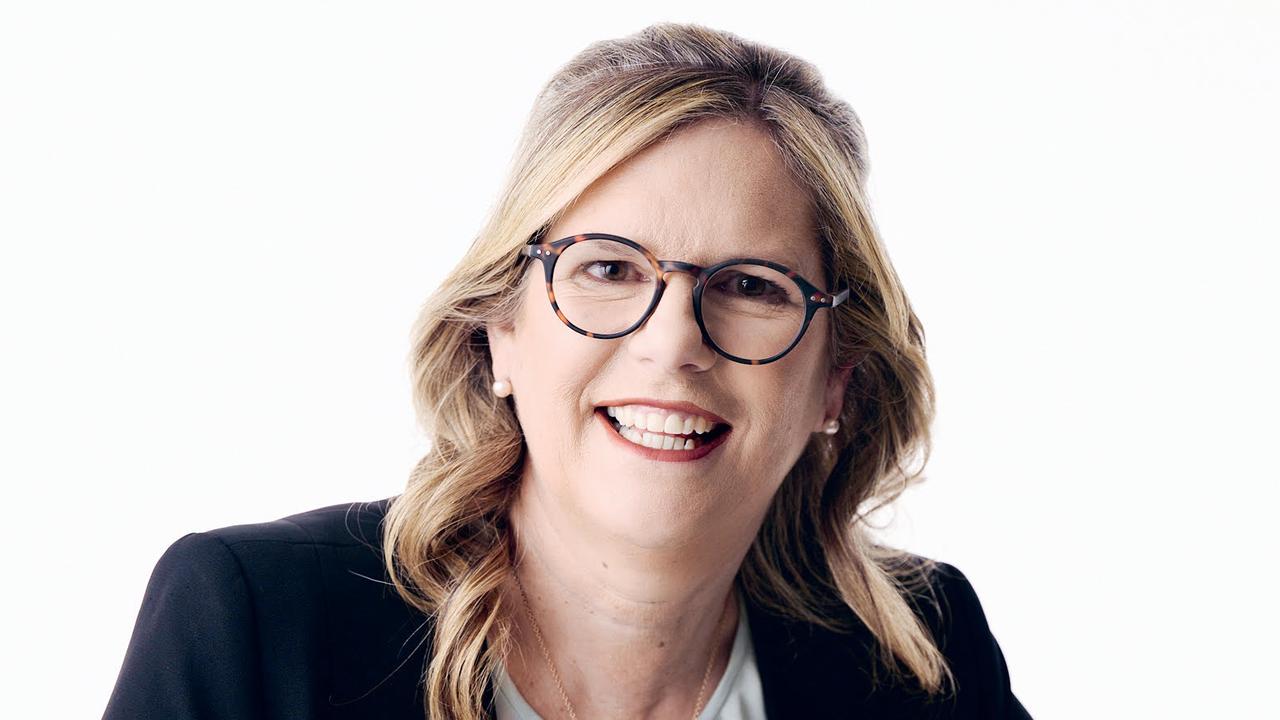Tim Boreham: Are profits on the horizon for ASX’s aged care orphan?
Investors tend to steer clear of the sector, but suggestions from the Aged Care Taskforce could change all that for the likes of Regis, says Tim Boreham.

Business
Don't miss out on the headlines from Business. Followed categories will be added to My News.
The final report of the federal government’s Aged Care Taskforce presents a grim picture of spiralling costs as a horde of greying baby boomers moves into aged care.
The government’s aged care bill in the 2021-22 year was $24.8 billion, $14.6 billion for residential care and the remainder for home care services.
By 2032, the residential aged care cost is projected to blow out to $41.2 billion.
For the best columnists, sign up here for free Stockhead daily newsletters
Almost 69 per cent of residential aged care (RAC) providers lost money in 2021-22, compared with 54 per cent a year previously.
The report says while the sector probably is at its low point, “providers remain constrained in where they can earn revenue, particularly in accommodation and everyday living expenses”.
At face value, investors steer clear of the sector.
In reality, the reforms already implemented – and the promise of more – bode well for operators such as Regis Healthcare (ASX:REG).
Regis shares already have soared 170 per cent over the past year, partly on the back of earlier increased government support (notably for improved carer wages).
Now, the taskforce suggests that residents who can afford to pay for non-care expenses (such as everyday living costs) should make a “fair contribution”.
According to the report, providers lost a collective $2.26 billion on accommodation (non-caring) activities in 2021-22, equivalent to $14.86 per day per resident. That makes it hard for them invest the billions required in upgraded facilities.
The providers are also losing an average $4 per resident per day on the $61 basic daily fee – set at 85 per cent of the aged pension – plus a government-funded ‘hotelling supplement’ of $11 for everyday living costs.
The report also notes residents paying a daily accommodation payment (DAP) are cross-subsiding those paying the upfront refundable accommodation deposit, or RAD.
MORE TIM BOREHAM: Raiders stalk ASX stocks | Brine’s time to shine | Spotlight on earnings
In essence, the providers rely on the investments returns on the RADs to recoup the full cost of the service – and this is not usually possible.
The report would like to see RADs phased out by 2035 – a deadline seen as overly ambitious.
In the interim, the report proposes that providers retain up to 3 per cent of the RAD annually – $45 per day on the maximum RAD of $550,000 per room – with the DAPs also indexed to inflation.
We will have to wait until April or May to see whether the government adopts the proposals, but it helps that health minister Anika Wells chaired the inquiry.
Replete with acronyms and jargon, the report belies the stated intention of making the aged care funding maze more understandable.
The comprehensible bit is that well as easing pressure the public purse, the proposed reforms would be positive for the larger operations, with economies of scale.
Visit Stockhead, where ASX small caps are big deals
Naturally this includes Regis, which is now an ASX “orphan” after two other operators – Estia Health and Japara Healthcare – were privatised.
Regis is one of the biggest providers over all, with more than 7600 beds across 68 homes. Last year Regis paid $74 million for private RAC CPSM, which added 644 beds across five Queensland facilities.
Regis reported December half year revenue of $480 million, 15 per cent higher and a net loss (after non cash write downs) of $12.1 million. Underlying earnings increased 14 per cent to $52.1 million.
Consistent with the sector, about three-quarters of revenue derived from government funding.
Broker Ord Minnett forecasts Regis to make a net loss of $20.8 million this year, swinging to a $46 million profit in 2024-25.
Regis is a fave of Wilson Asset Management’s small caps guru Tobias Yao, who expects further consolidation as the compliance burdens become too much for smaller operators.
This story does not constitute financial product advice. You should consider obtaining independent advice before making any financial decisions.
Find more Tim Boreham wisdom at stockhead.com.au
SUBSCRIBE
Get the latest Stockhead news delivered free to your inbox. Click here
Originally published as Tim Boreham: Are profits on the horizon for ASX’s aged care orphan?



